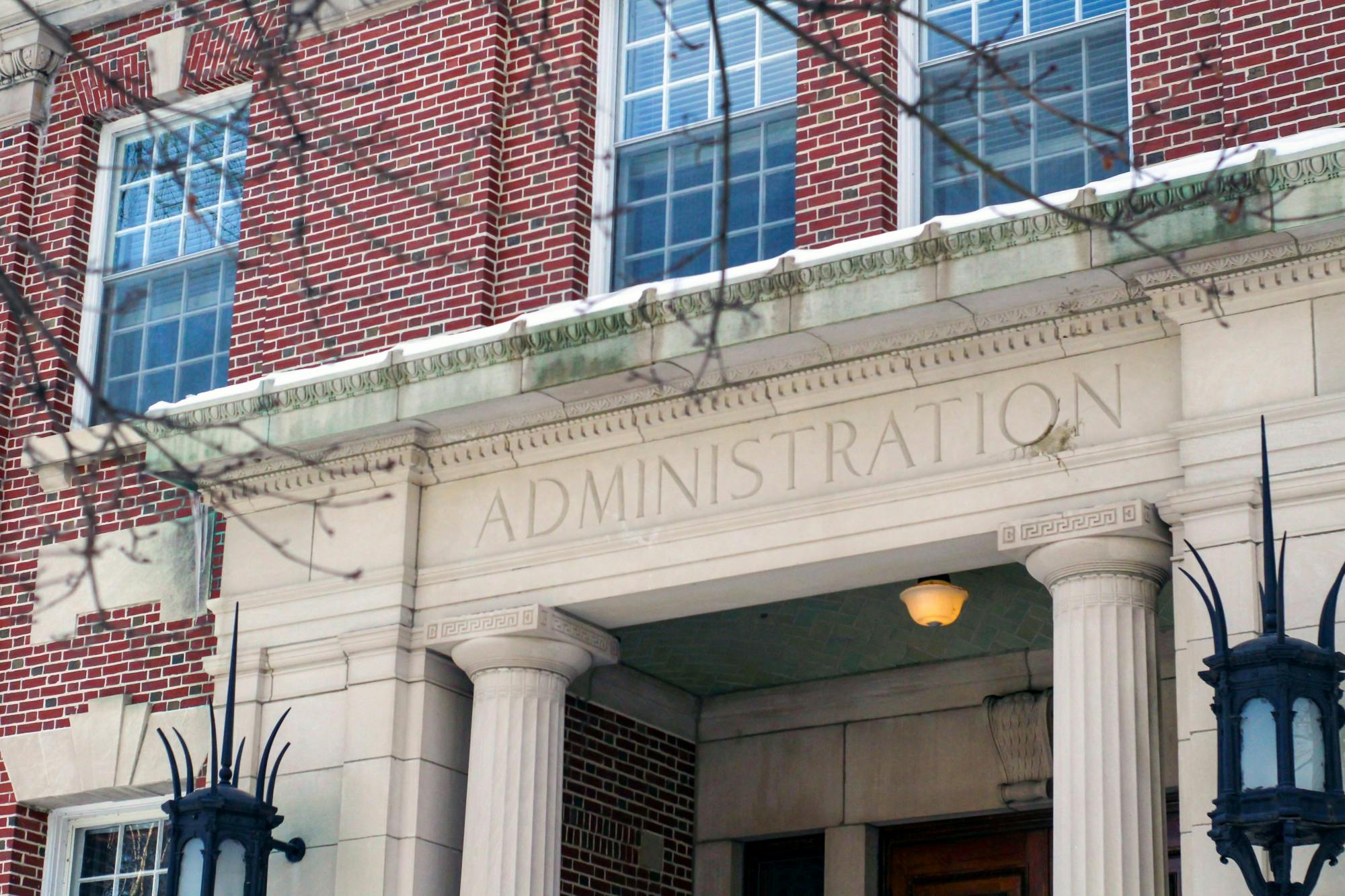Amid the continued spread of the omicron variant, Dartmouth has the highest overall weekly COVID-19 positivity rate in the Ivy League.
Dartmouth forged ahead with in-person instruction at the beginning of January despite most of its peer institutions opting to implement remote or hybrid instruction. The College’s positivity rate now exceeds all other schools in the League, although most other Ivies resumed instruction only this past week.
As of Feb. 2, according to the College’s COVID-19 dashboard, 546 out of 5,301 tests conducted over the last seven days came back positive, a positivity rate of 10.3% — up from 9.1% the week of Jan. 23.
Positivity rates at the other Ivies, though, are lower than both Dartmouth’s current positivity rate and its positivity rate the first week of winter term. As of Wednesday, Harvard University and Yale University reported a positivity rate of less than 2% during the previous week. Princeton University reported a positivity rate of 1.05% between Jan. 22 to Jan. 28, while Columbia University’s positivity rate from Jan. 24 to Jan. 30 was 1.9%. Brown University and the University of Pennsylvania’s test positivity rates were both relatively high at 5.3% and 4.72%, respectively, but both are lower than Dartmouth’s. Although Cornell University’s dashboard does not indicate positivity rate, it reports 0.4% of the student and employee population as currently having COVID-19.
In an emailed statement to The Dartmouth, provost David Kotz said that Dartmouth’s relatively early start to winter term led to more positive cases detected on campus.
“The major difference between our situation and that of many of our peer schools is that we started winter term at the height of the omicron wave and many of them just started last week, as the wave is declining,” Kotz wrote.
Kotz added that differences in schools’ testing protocols, the types of tests conducted and ways to count positivity make interpreting case statistics across schools difficult.
Currently, Dartmouth, Columbia, Harvard and Yale are mandating weekly PCR tests for its community members with varying levels of frequency. In addition to PCR tests, Cornell also provides antigen-based tests and saliva tests for its symptomatic and surveillance testing programs, and Columbia also conducts symptomatic and supplementary testing. Penn requires screening tests every other week for its community members. Starting Jan. 14, Brown stopped administering PCR tests and transitioned to weekly antigen tests only.
Following the Center for Disease Control’s updated guidelines on isolation, all Ivy League schools are requiring at least five days of isolation for fully-vaccinated students who test positive for COVID-19. These students can leave isolation on day five upon receiving a negative antigen test result and exhibiting no symptoms. Isolation requirements differ for students who are not fully vaccinated, athletes and immunocompromised individuals, who might need to isolate for more than a week if they test positive.
Similar to Dartmouth, other Ivy League schools allow students who test positive to isolate in their dorm rooms, although some provide other accommodations. For example, Brown arranges dorm and hotel rooms for students who test positive and share a dorm space with others to isolate. Yale, meanwhile, requires students who test positive to isolate in designated on-campus rooms or in their off-campus residences.




